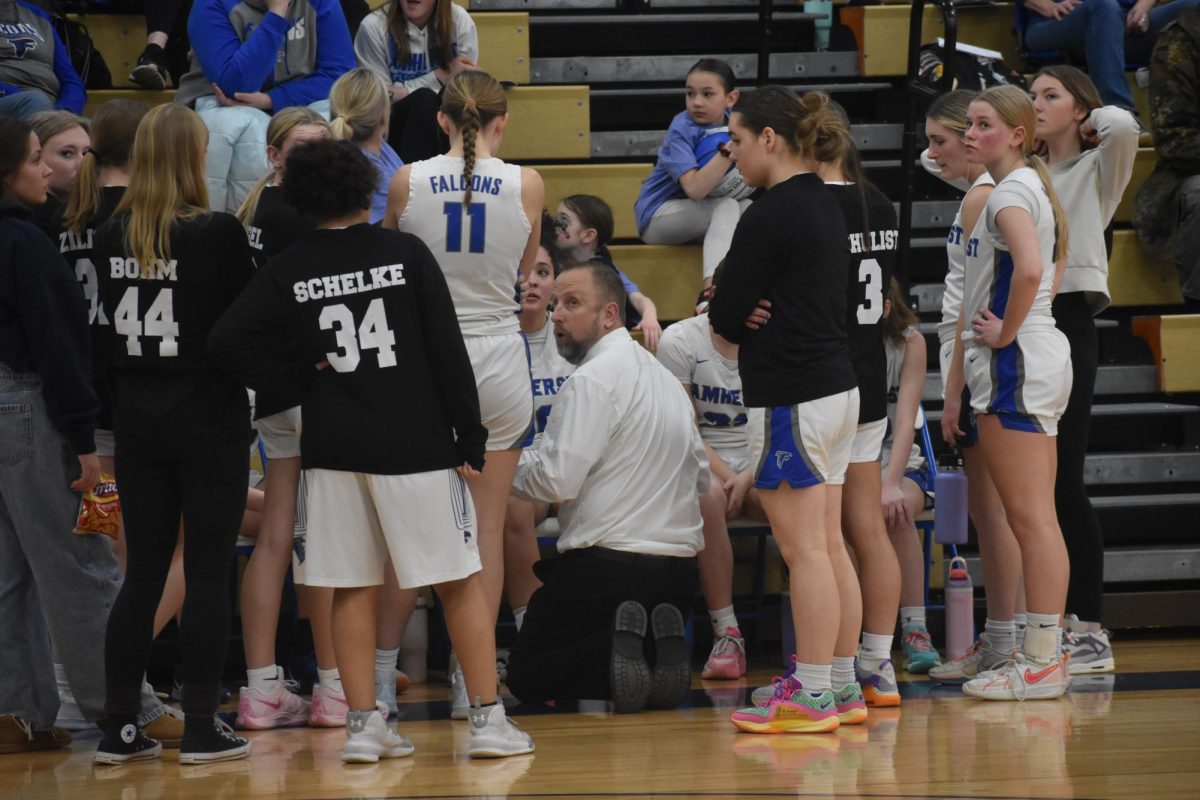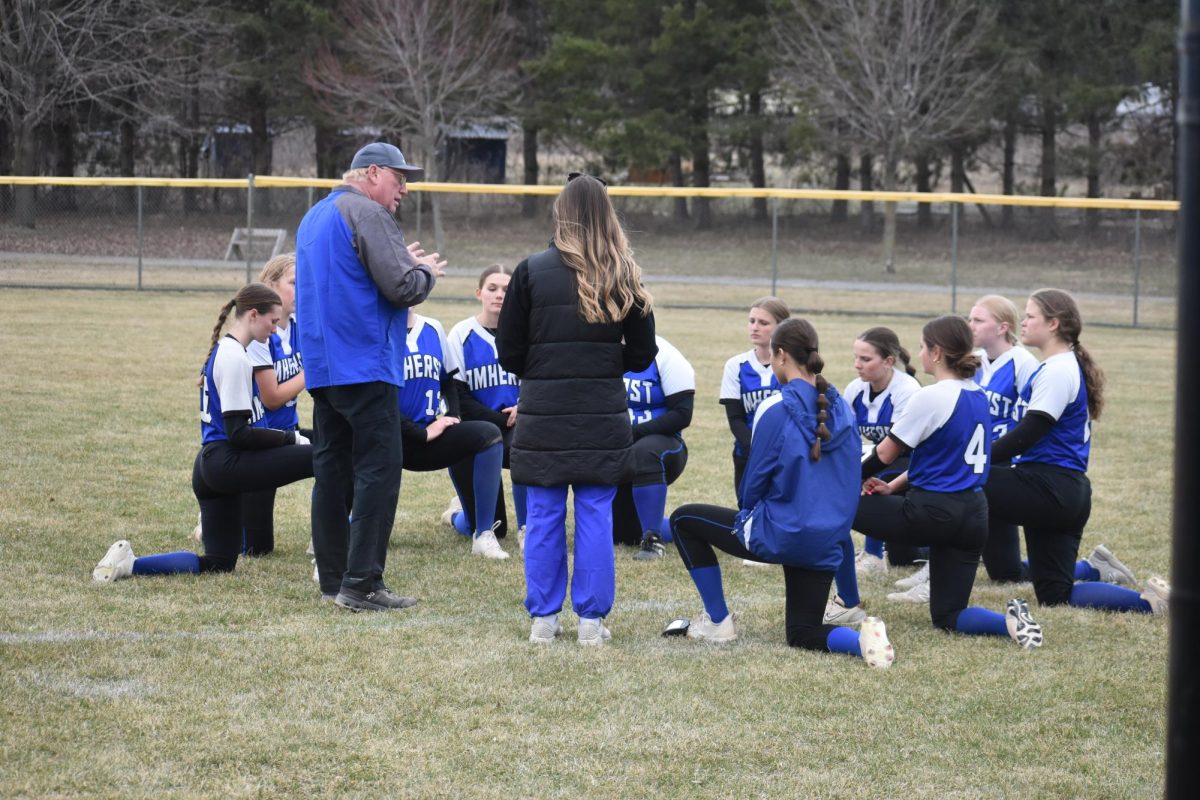Remember when there were no Chromebooks in schools and video games were not really a thing; some people may not remember, but for others it feels like that was just yesterday.
Technology is reshaping education and not particularly in a good way. Schools have provided Chromebooks to all their kids even in really young grades like 1st grade. “They’re giving kids Chromebooks before some of them can even read!” says Grant Mykisen, a freshman student at Amherst Tomorrow River High School.
Amherst Freshman Joseph Rossi said the reliance on technology is such that both students and teachers are becoming overly reliant on YouTube videos for purposes of learning. This makes the topic less engaging which causes kids to not learn the subject.
Laptops, phones, and iwatches are also very distracting. Everyone knows there is a phone usage problem at schools and on top of that kids are also using their Chromebooks for entertainment. Kids have been seen gaming on their Chromebooks or watching YouTube right under the teachers’ noses.
Keeping that in mind, getting rid of them all together may not be the best solution, but policies need to change.
There are also health problems to look at. Kids go to school for seven hours and around three and a half, maybe four hours of it is spent on a Chromebook which has been linked to depression, anxiety, and eye strain. “Today, 94% of public schools nationwide give digital devices to every student,” according to enjoyer.com.
Enjoyer.com also asserts that “Less than 40% of third graders are proficient in reading,” so a program called Connected Futures went and spent $23 million to distribute tablets to students during the pandemic.
Keep in mind that some technologies do have some good retaining qualities, it can be a good resource for essays and research. Teachers have also adopted multiple ways to give assignments via computer.
After a long day at school looking at screens, what do kids do next? They go home and play video games for hours on end and don’t go outside, perhaps “melting” their growing brains once again.
The Quebec Longitudinal Study of Child Development found a detrimental connection between kids and technology: each one-hour increase in TV exposure for kids starting at age two corresponded to a 7 percent unit decrease in class participation and a 6 percent unit decrease in math proficiency by 4th grade, according to the National Library of Medicine.
The United States finds links between media and tests. When kids spend more time on media their scores in math and English drop precipitously.
Technology is ruining kids’ childhoods both in school and at home. There was a time when kids would hang out after school, ride their bikes through town and hang out, but now they’re at home in front of a screen trapped in a world that doesn’t even exist.



































